
Arun Upadhyay, PhD, discusses new study findings from trials of OCU400 (Ocugen)
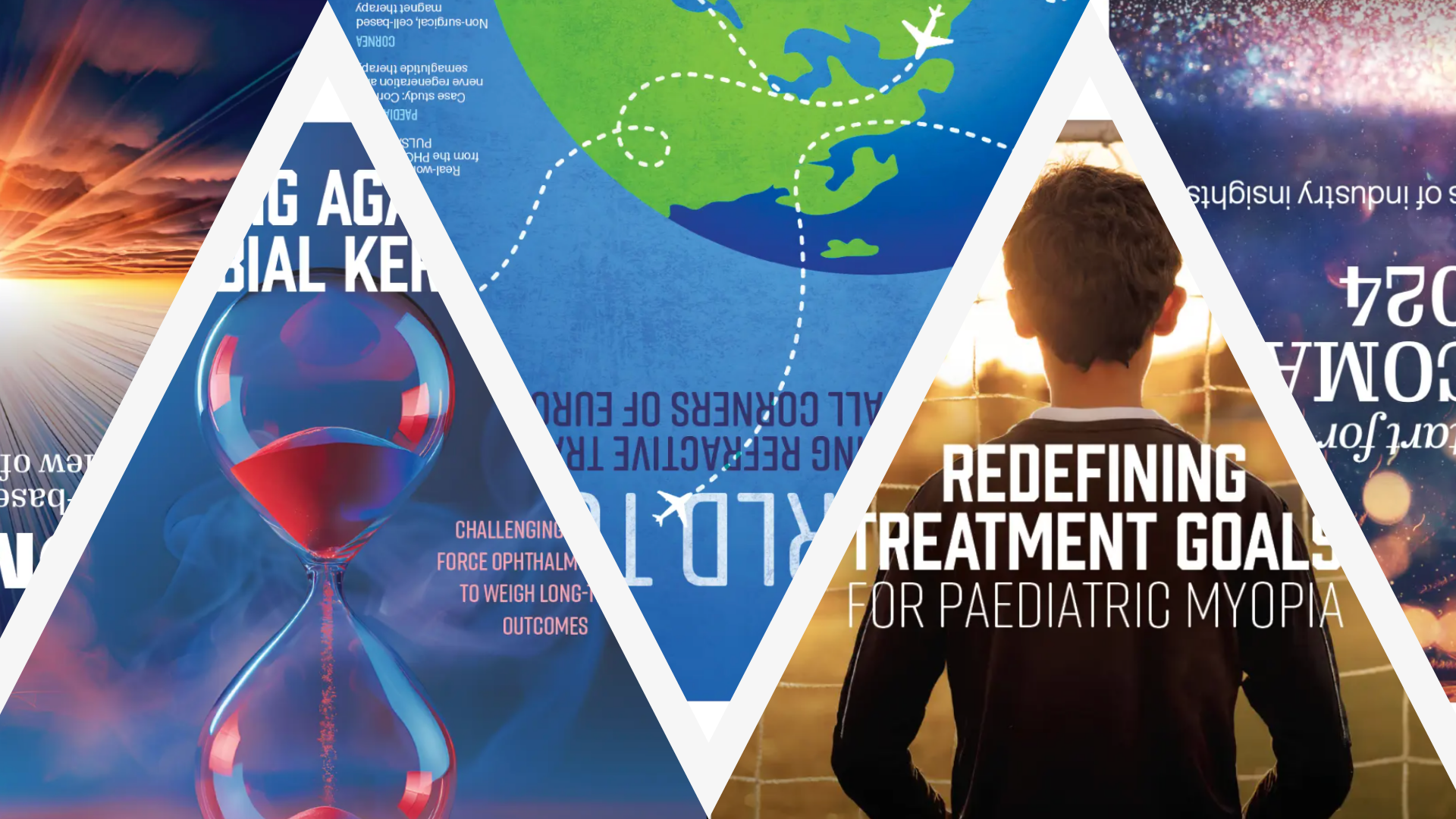
See the best of our print edition with the 2024 cover story roundup

Arun Upadhyay, PhD, discusses new study findings from trials of OCU400 (Ocugen)
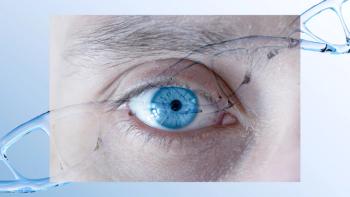
HG202, by HuidaGene Therapeutics, is formulated for clinical use in treating neovascular age-related macular degeneration

Collaboration and outside-the-box thinking present significant opportunities for science and industry

The company also announced it will seek a strategic partner to continue development of APX3330, an oral small-molecule inhibitor of Ref-1 for the treatment of non-proliferative diabetic retinopathy.

Gene therapy for nAMD represents significant advancements in the treatment of retinal conditions

Gene therapy was a major topic at the 2024 EURETINA and Retina Society meetings
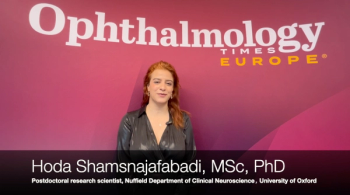
The e-poster came in 2nd place for the August Deutman award at the EURETINA Congress

Research by investigators at Trinity College in Dublin, Ireland shows how the gene therapy conferred significant protection for retinal ganglion cells
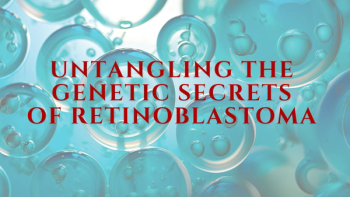
Identifying all genetic culprits may improve diagnostics and prognoses

The US Food and Drug Administration issued designations for the allogeneic cell therapy candidate, a therapeutic for corneal oedema

XLRP often leads to blindness by middle age with no treatment options currently available

Investigators say the discovery highlights the importance of genetic consultation

Simply slowing disease progression is no longer enough

Promising innovations are not one-size-fits-all
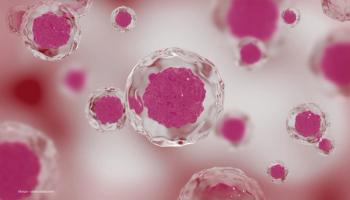
The tissue serves as a testing ground for outpatient ocular therapies

Rich Small, CEO of Neurotech Pharmaceuticals, provides an update on the months ahead for NT-501 encapsulated cell therapy
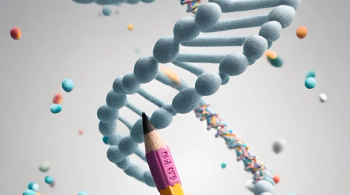
The opportunities and challenges presented by CRISPR manipulation

The Phase 2/3 VISTA trial for AGTC-501 in XLRP is expected to begin in in the first half of 2024

How this treatment paradigm could change ocular cell therapy

Data show transfection in both eyes despite unilateral injection

Infrastructure across Europe needs a major overhaul to optimise education and patient access in groundbreaking treatments

Bilateral distribution of the transgene seen with unilateral injection

The patent is also being prosecuted in the European Union and around the globe

For retinal specialists grappling with diseases once thought “untreatable,” gene therapies present a wide range of viable options

VG901 is a gene therapy for CNGA1-associated RP.